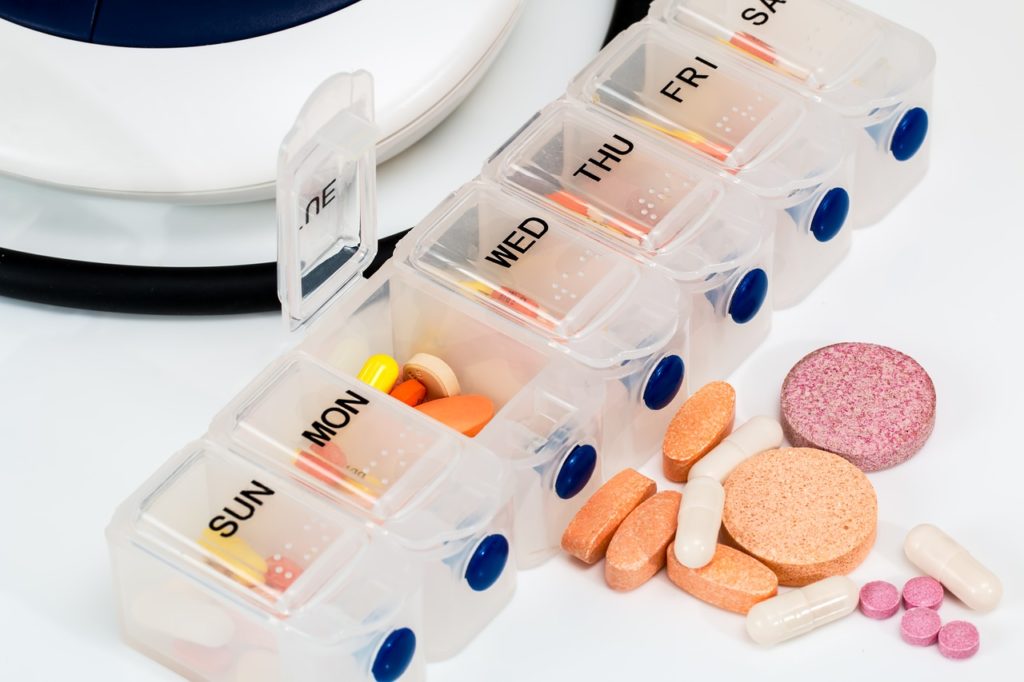Gastroesophageal reflux disease is a multifactorial problem that tends to get worse with time. GERD patients start with occasional symptoms like heartburn and food regurgitation once or twice a month. This is the first stage of GERD. Symptoms are effectively controlled by lifestyle changes that include weight loss, smoking and alcohol intake cessation. We further advise patients to avoid trigger foods like hot and spicy items, tomato sauce, chocolate and coffee… In addition, reduction of meal size is especially important as most of us these days eat large meals. Overeating stretches the stomach and stresses the anti-reflux barrier resulting in reflux.
When patients don’t take control of their early stage GERD, disease is most likely to progress. Acid reflux control requires understanding and commitment. Understanding GERD is crucial to fighting the disease. One must appreciate the danger of using antacids to control early GERD symptoms. For antacids effectively mask acid reflux symptoms but they don’t stop reflux. Masking symptoms allows patients to comfortably continue with certain lifestyle habits that favor reflux. Continued reflux with no symptoms slowly but surely causes GERD to progress and evolve into stage 3 and 4. At this stage patients have poor symptom control despite maximizing their antacid medications including the powerful and dangerous proton pump inhibitors.
GERD progresses because continued reflux weakens the anti-reflux barrier via a number of different mechanisms. Persistent acid and bile reflux damages the highly coordinated esophageal motility. Weak peristaltic activity favors longer reflux episodes. As acid and non-acid esophageal exposure increases, dysmotility worsens further exacerbating the problem. Furthermore, persistent reflux causes esophageal muscles to slowly retract in a cephalad direction. This cephalad movement drags the gastro-esophageal junction from the abdominal cavity into the chest leading to hiatal hernia formation. Indeed, the association between hiatal hernia and acid reflux is very strong. Hiatal hernias weaken the diaphragmatic pinch over the lower esophagus causing reflux and chronic reflux causes hiatal hernias to develop and grow.
Reflux begets more reflux and antacid medications like proton pump inhibitors, PPIs, do not stop disease progression. Early lifestyle changes rather than masking symptoms with PPIs are crucial to preserve the anti-reflux barrier.

